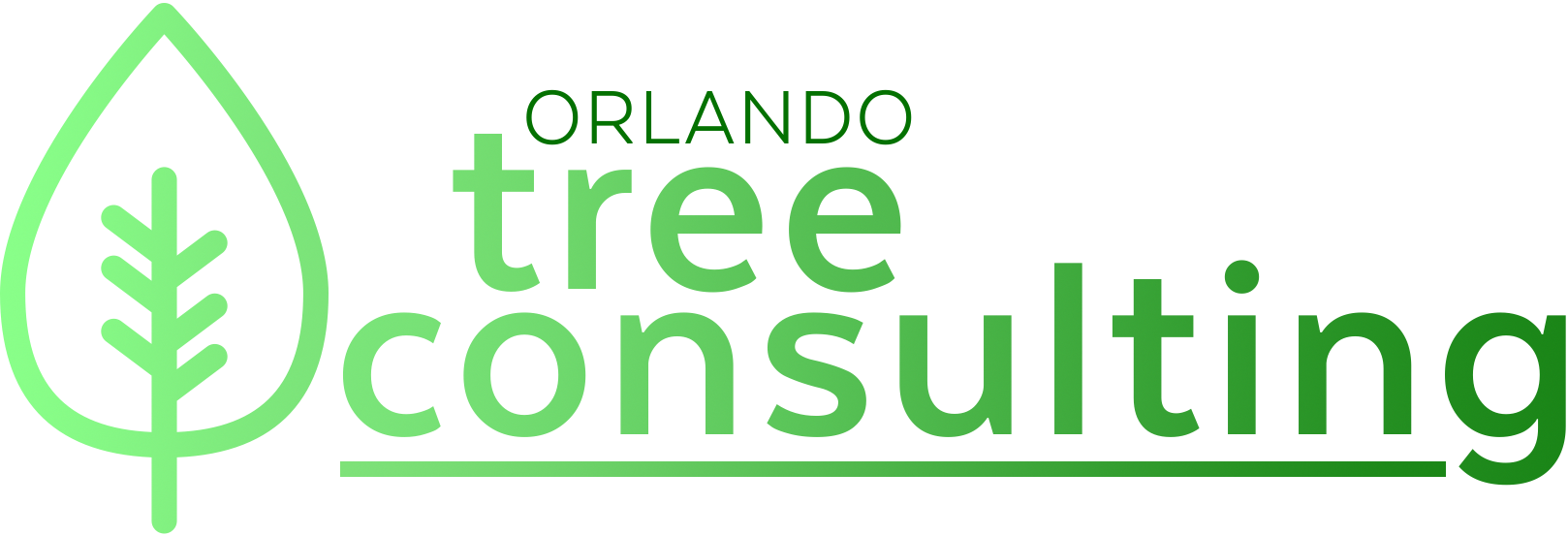Blog

WHAT IS KILLING MY AVOCADO TREE?
WHAT IS KILLING MY AVOCADO TREE? NEW DISEASE ALERT- LAUREL WILT
Avocados for years have thrived in Central Florida and until recently were disease free. Easy to grow with variety of cold resistant cultivars, avocados have been enjoyed as a home grown edible fruit for generations.
LAUREL WILT DISEASE SYMPTOMS ON AVOCADO LEAVES
In 2005 a new insect came into town, the Redbay Ambrosia, which has forever changed our landscape. Once prized old family avocado trees are now being killed within months. What has happened? Ambrosia beetles are on the rise. And this one only measuring 2mm in length are attacking healthy trees of certain species in the laurel family, particularly redbay (Persea borbonia) but including avocado (Persea Americana). In general wood-boring insects are not bad, mostly attacking trees and shrubs that are already stressed, dying, or dead. A way nature can recycle. But this little insect, the Redbay Ambrosia, comes with a price tag. The laurel wilt fungus that accompanies this beetle causes disease in Redbay and Avocado trees. How? The disease is carried in the beetle (mouth) which is transported when the beetle borers into the tree. So far, this appears to be the only way the laurel wilt fungus is transported into avocado trees. After being introduced into the wood by the beetle, the fungus moves through the water and nutrient transport system of the tree, plugging the flow of water and causing the tree to wilt. Symptoms look like the top of the tree is dead, wilting with many epicormic shoots trying to re-sprout from the trunk. It is important to note that the redbay ambrosia beetle is unlikely to kill the trees directly unless the fungus is present.
Can we keep our avocado tree? No. The disease is now in the tree and will continue to plug up the tree’s xylem tissue which is how water is transported to the tops of tree. Tree companies need to be aware of the new disease and when removing the infected trees to carefully clean tools and to dispose of the wood properly to not spread the disease to other Laurel trees. Keep in mind the disease is host species specific, only affecting trees in the laurel family (Redbay and avocado) with genus Persea.

Frass (poop) coming out of tree trunk from Redbay Ambrosia Beetle. Small size exit holes as small as head of a pen/pencil
WHAT CAN WE DO FOR OUR HEALTHY AVOCADO TREES NOT INFECTED WITH LAUREL WILT?
I typically don’t endorse a product but Bayer makes it easy. With a formulated common systemic product but made for edible fruit, Bayer Advanced Fruit, Citrus and Vegetable Insect Control takes care of the Redbay ambrosia beetle and a few other insects too
The Citrus Bayer imidacloprid product controls a wide variety of insects. As a systemic the insecticide is moved throughout the tree and therefore, protects your entire when an insect visits. Since the product is labeled for fruit you can still eat the avocados as long as you follow the label or instructions on the container. Restrictions include not applying in Spring when flowers are blooming/bees are out or at least 6 days before eating the fruit.
Bayer Fruit, Citrus and Vegetable Insect Control is a great product that controls the Redbay ambrosia beetle and other common pests like white flies, scale, and lace bugs on an annual basis. Need to apply as a drench (product mixed with water) poured around the base of the tree out to the drip line (edge of leaves) once a year to have the best protection. Do not apply more than once a year and also apply if possible same time each year. Follow directions on the label. protection. Follow directions on the label.
Most other products not labeled for fruit would need to wait at least a year for the product to get out of system of tree before you can eat the avocados
Time will tell if the redbay ambrosia beetle will be here to stay and continue to play havoc on our native redbay trees and our edible, adored avocados. Why live in Florida if you can’t have a tropical fruit tree in your backyard? Florida is heaven for many residents with its ideal weather. And now many insects are taking up residency too. Be on the look-out and do your part to plant more diversity of plants and trees to help deter unwanted insect residents and their plants they favor.
Put Your Trees In Capable Hands
Call on a licensed, insured, and certified arborist for tree prevention services
"Tree Doctor" Consulting fees are $150 for the hour on property to evaluate your tree and landscape.
Contact Us:
Website: www.orlandotreeconsulting.com
E-mail: info@orlandotreeconsulting.com
Phone Number: 407-476-9444


